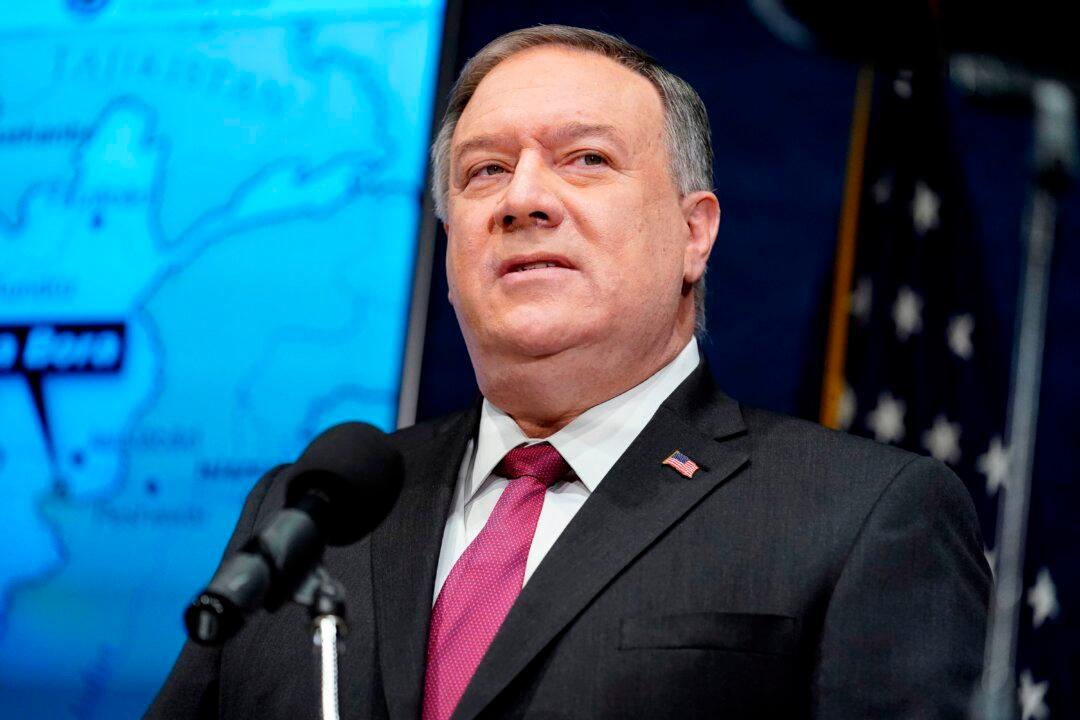Former U.S. Secretary of State Mike Pompeo warned the Biden administration on March 14 against rejoining the nuclear deal with Iran, calling it a “crappy deal” that would harm the security of the United States and the Middle East.
“The Iranians understand strength. They understand power. They understand resolve. We demonstrated that. And when we did, the Iranians backed down,” Pompeo told radio talk show host John Catsimatidis during an interview on WABC 770.





